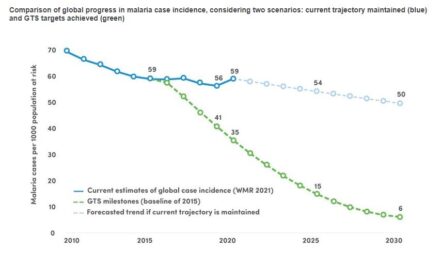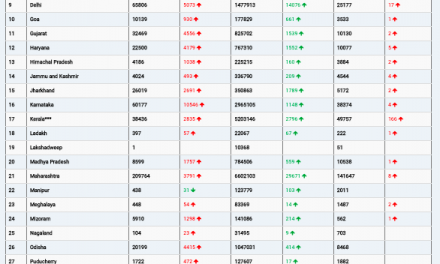Despite the initial buzz surrounding the first drug shown to slow Alzheimer’s disease, Leqembi, sales have fallen short of expectations in the U.S. market. Major hospital systems have taken months to adopt its usage, while some insurers have denied coverage, complicating access for patients in need.
Introduced to the market over a year ago by Japan’s Eisai, Leqembi has faced hurdles in gaining traction. While it received full approval from the Food and Drug Administration (FDA) last summer for patients in early stages of the disease, challenges persist in its adoption and utilization.
Hospital systems have encountered delays in implementing the necessary infrastructure for delivering Leqembi. Alexander Scott, an executive vice president at Eisai, acknowledges the complexities involved, stating that institutions are essentially building systems tailored to the drug.
Despite these challenges, some health systems have made progress in administering Leqembi. Cedars-Sinai in Los Angeles and Banner Health in Arizona have recently initiated its use after extensive planning and coordination among medical professionals.
Mayo Clinic in Rochester, Minnesota, began administering Leqembi last October but has limited its usage to patients within a 100-mile radius to ensure prompt access in case of side effects. However, navigating coverage for the drug, infusions, and necessary scans remains a significant concern, particularly given its hefty price tag.
Insurance denials and delays in treatment initiation have also plagued patient access. Scott Berkheiser, a Florida resident, faced insurance denials that delayed his treatment until December, prompting concerns about affordability and access for younger patients ineligible for Medicare.
Despite the challenges, patients who have undergone Leqembi treatment remain hopeful. Charles “Bum” Clegg, a resident of Salem, Alabama, has seen improvements in his short-term memory and experienced no side effects, offering a glimmer of hope amidst the uncertainties surrounding Alzheimer’s treatment.
Looking ahead, researchers are exploring additional treatments and diagnostic advancements to address the complexities of Alzheimer’s disease. While there is optimism for future developments, including an injectable version of Leqembi and potential combination treatments, the journey to combat Alzheimer’s remains a long and arduous one, underscoring the need for continued research and innovation in the field.











